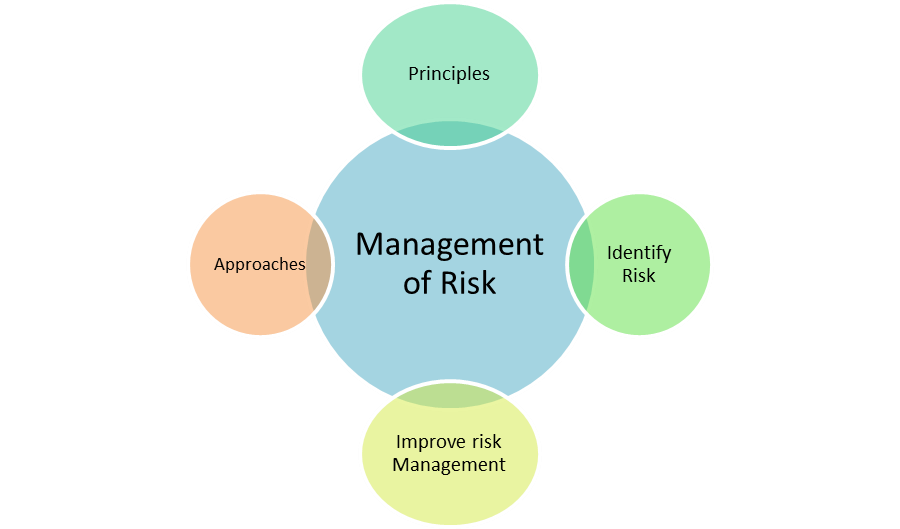Warwick is the region urban of Warwickshire, England. The town dishonesties upon the River Avon, 11 miles (18 km) south of Coventry and fair west of Lamington Spa and Whitnash with which it is touched. At the 2011 United Kingdom review, it had a populace of 31,345.
There was human action at Warwick as early as the Neolithic period, and continuous occupancy since the 6th century. It was a Saxon burh in the 9th century, Warwick Castle was recognised in 1068 as part of the Norman conquest of England. Warwick School rights to be the eldest boys' school in the country. The earldom of Warwick was formed in 1088, and the early restrained the town in the feudal period and constructed city walls, of which Eastgate and Westgate endure. The castle industrial into a stone stronghold and then a country house and is today a general tourist attraction.
Governance:
Population growth has led to Warwick flattering combined to its larger neighbouring town Lamington Spa with which its procedures a small city. The two cities are now along with Kenilworth and Whitnash. These are managed as part of Warwick District. Warwickshire County Council leftovers based in Warwick itself.
Warwick is signified in Parliament as part of the Warwick and Leamington electorate. It has been detained by the Conservative Party since the 2010 general election; since then, Chris White has been the constituency's Member of Assembly. From the 1945 general election until 1997 the electorate elected a Traditional MP. In 1997 a Labour MP was chosen and retained the seat until 2010 when White was chosen.
Geography:
Antiquarian William Dugdale wrote in the 17th century that Warwick was stand up upon a rocky climb from every side, and in a dry and fertile soil, consuming rich and pleasant fields on the south part and woodland on the north. Two issues have pretentious Warwick's constructed environment: the Great Fire of 1694 and the lack of industrialisation. The fire demolished much of the town, and the next transformation was mainly in one style. In the 19th century, when other cities were fast rising during the Industrial Rebellion, Warwick did not know the same development. Part of the reason Warwick did not grow as a centre of the industry was that the town did not lie on significant roads and the River Avon was not manoeuvrable as far as Warwick.
Culture:
Warwick crowds annual centenaries reaching from the Spoken Word to Classical and Modern Music to a Folk Festival and a Victorian Evening, detained in late November or early December. St. Mary's Church crowds a series of Early Music performances, and the Bridge House Theatre hosts the Music-in-Round performances. Warwick Chamber of Trade assistances to endorse the town for companies, inhabitants and traders. The city is also well-known for Warwick Castle, the building of which instigated in 1068. The city centre is also recognised for its significant building and covers a combination of Tudor and 17th-century buildings. In topical years several high-profile national and international businesses have set up large office developments in and around Warwick, notably National Grid plc. And IBM.

 ENQUIRE
ENQUIRE
 REQUEST CALLBACK
REQUEST CALLBACK
 GET A FREE QUOTE
GET A FREE QUOTE


 Introduction
Introduction Course Details
Course Details Course Content
Course Content






 London
London